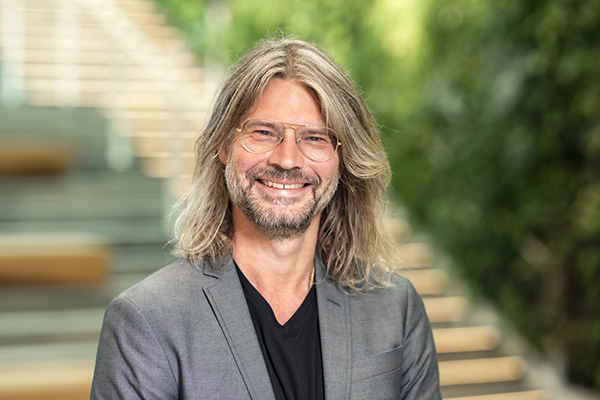ENLIGHT was launched in 2020 as a network of then nine universities in branded as a European university. Funding was provided by the European Commission (Erasmus+), with the aim of increasing mobility between the higher education institutions through new, joint educational activities. Funding for a four-year continuation of the project was greenlighted in the summer for a total of EUR 14.4 million.
“Before the last phase of the project began, there was a great deal of hesitation across management and it has been difficult at times to understand what international collaboration truly entails. We can now point to ENLIGHT with greater self-confidence as a major development opportunity. We have huge opportunities to enhance our activities through this,” notes Mattias Martinson, Director of ENLIGHT at Uppsala University.
New form of educational development
He believes that ENLIGHT will become an increasingly visible part of Uppsala University’s educational activities.
“We want to give programme coordinators, directors of studies and teachers the chance to get involved in this. It’s a new form of educational development that provides departments with the tools to undertake new initiatives and enhance parts of their educational activities.”
On this occasion, Uppsala University will arrange the ENLIGHT General Meeting held between 22–24 November this year. In total, around 150 people will convene to draw up plans ahead of the coming four years.
“We need to come to a collective understanding of what the new project entails. We’ll take a retrospective look at the lessons and experiences gained, but also discuss how we can solve new problems,” adds Martinson.
Uses five themes as a basis
ENLIGHT has used five themes as a basis for its work – Health & Wellbeing, Climate change, Digital revolution and impact of digitisation, Energy use and the circular economy and Equity – but in line with the extension will add the theme of Culture and creativity. The various universities have slightly differing responsibilities for different parts of the project, but the central idea is to develop tools to benefit all universities and break down barriers to collaboration in all these areas.
